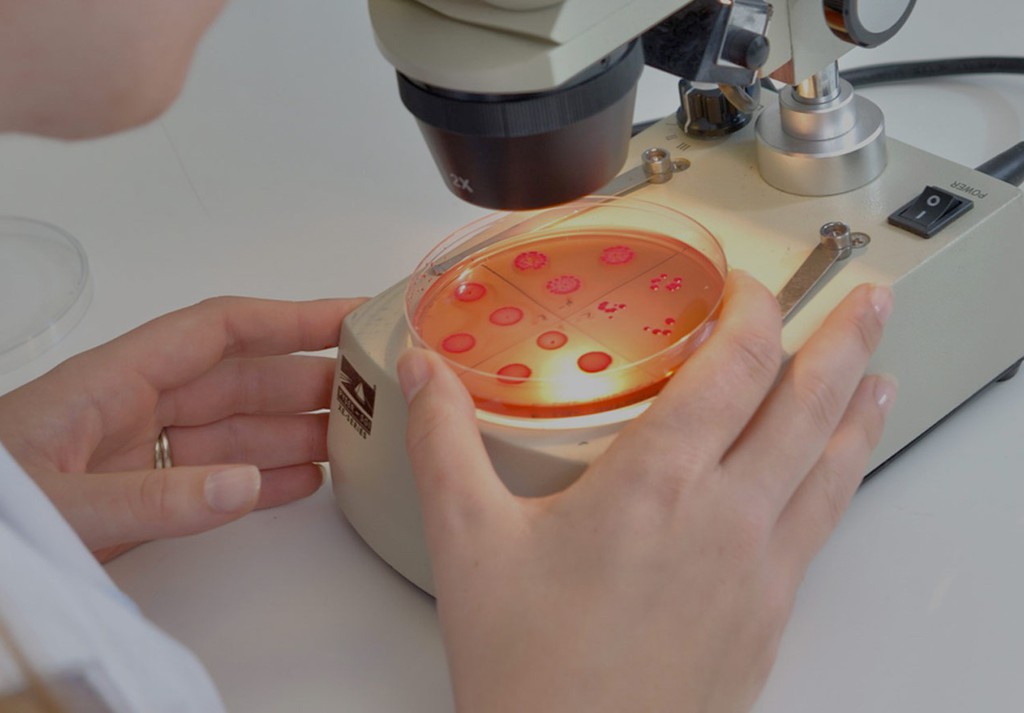

|
Chris Shaw
Editor |
| Home> | FACILITIES MANAGEMENT | >Infection Control & Prevention | >The fight against antimicrobial resistance |
The fight against antimicrobial resistance
18 April 2019
At the World Economic Forum in Switzerland in January, health Secretary Matt Hancock issued the stark warning that our growing resistance to antibiotics could prove as big a danger to humanity as climate change or warfare.

This bleak proclamation followed the World Health Organization’s announcement last year that superbugs— drug-resistant bacteria and pathogens—pose one of the most dangerous and imminent threats to human health across the world.
Genesis Biosciences is a global leader in researching and developing natural, Eco-benign technology to address world-wide waste degradation and cleaning challenges.
According to Emma Saunders, general manager at Genesis Biosciences, there is growing evidence to show that bacteria are becoming resistant to biocides in common chemical cleaners.
"Harsh disinfectants, if not used correctly, can leave low level biocide residues on surfaces, which after continued use can encourage the emergence of biocide resistant strains of bacteria, which could compromise their in-use effectiveness."
Even more worrisome is the evidence that biocide use may also be a contributory factor in the development of antibiotic resistance. A 2012 study revealed that exposing E. coli bacteria to increasing concentrations of three different types of chemical disinfectants resulted in E. coli populations that had become resistant to several families of antibiotics.
Emma continued: “While traditional biocidal cleaners have been used predominantly in the professional and domestic cleaning industries for cleaning all types of surfaces, the benefits offered by new biological cleaning products cannot be ignored. These safe and sustainable products contain beneficial bacteria to breakdown any soiling on a surface, reducing the need for harmful chemical cleaning products. The ‘good’ bacteria multiply in the application area degrading any dirt and compete with any harmful bacteria present for available growth nutrients. What’s more, unlike chemical cleaners, which offer short-term cleaning benefits, biological products contain live beneficial bacteria that build a positive biofilm on the surface after application, continuing to remove soiling that even the strongest chemical products can’t touch, and preventing odours at source."
She concluded: “It’s worth noting that chemical disinfectants often contain biocidal additives that are effective against a broad spectrum of bacteria, fungi and viruses, however, pathogenic organisms are becoming increasingly immune to these additives so they can’t do the job they’re intended to do.”
- Probiotic cleaners versus chemicals
- Pipe blockage prevention system
- Tackling respiratory risks
- Sustainable sanitary solutions
- Disinfectant cards help de-odourise PPE and sanitary bins
- Probiotic cleaners for FM industry
- British-made residue-free aerosol effective against COVID-19
- Biosciences company cleans up at awards
- Genesis Biosciences are specialists in beneficial bacteria fermentation.
- Tackles pet odour
- Developed to protect the US military – now fighting UK germs
- The POD – Reduce your paper consumption by up to 20%
- Barcode traceability
- Say goodbye to germs in the workplace
- Weapon in war on superbugs
- Protects knee from infection
- Accessible & educational
- Rent disinfection unit
- Stop cross contamination
- Antimicrobial kneepads























